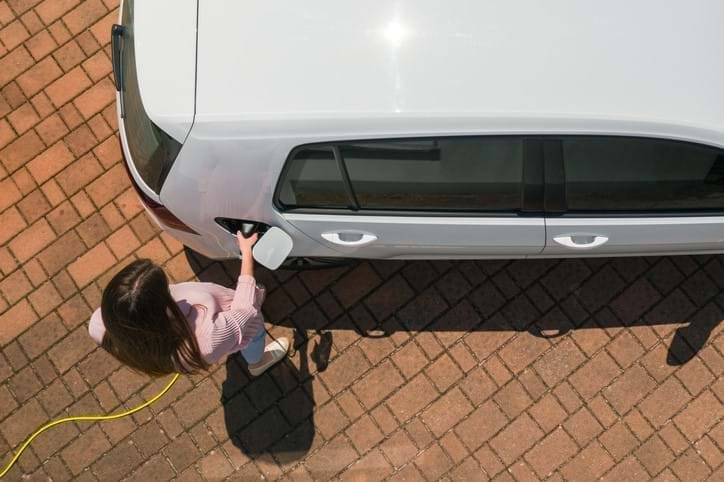Half of small firms predict electric fleets within 10 years
06 March 2019

06 March 2019

The survey, commissioned by the Renault-Nissan-Mitsubishi automotive alliance, looked at the future of urban logistics among small business owners and logistics decision makers from a variety of industries within the UK, USA, China, France, Mexico, Australia and Japan.
Over 3,200 respondents from businesses with between 1-49 employees and up to £75 million turnover took part.
Two thirds of respondents predict their fleets will be fully-electric within the next two decades, with 50 per cent expecting this to happen in half that time.
More than a third (35 per cent) said efficiency was the main driver, while cost savings and a desire to be more sustainable were the most important factors for 21 per cent and 14 per cent of respondents respectively.
Almost all (93 per cent) of business owners and decision makers responsible for 50 vehicles or more considered environmental sustainability to be of high importance.
Ashwani Gupta, senior vice president of the Renault-Nissan-Mitsubishi Light Commercial Vehicles (LCV) business, said: “These results show that the electrification of fleets is increasingly on the minds of our customers – not just for the financial efficiencies that electric vehicles can deliver, but because environmental sustainability is clearly crucial to the future of their businesses.
“I’m impressed at how optimistic these fleet managers are about the speed in which their vehicles will be fully electrified.”
The news comes at a time when automakers are dramatically increasing their efforts to respond to a growing customer need for sustainable vehicles, as businesses prepare for tighter emissions regulations and seek ways to address climate change.
Groupe Renault has announced that 100 per cent of its vans will be electrified by 2022, while Nissan has reported a “significant upswing” in demand for its all-electric van range.
Share